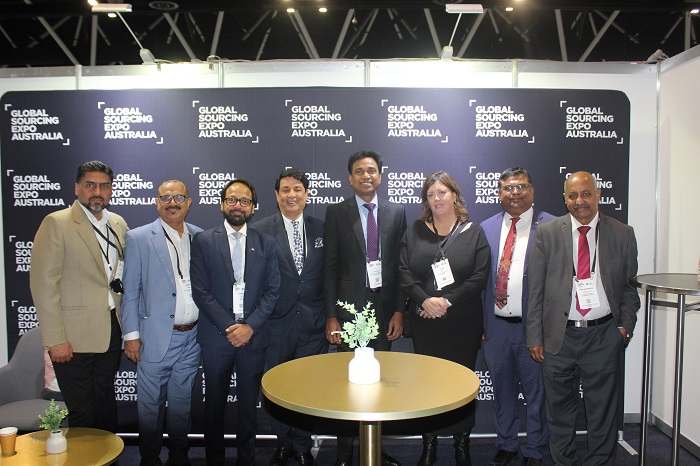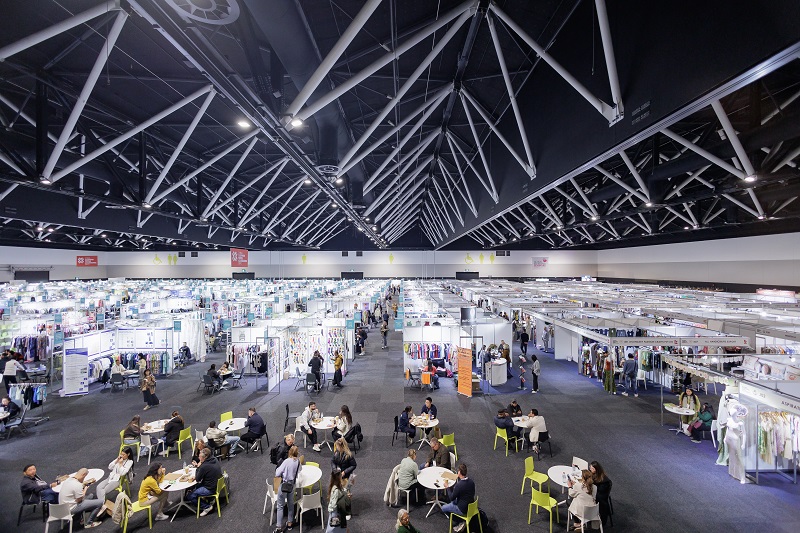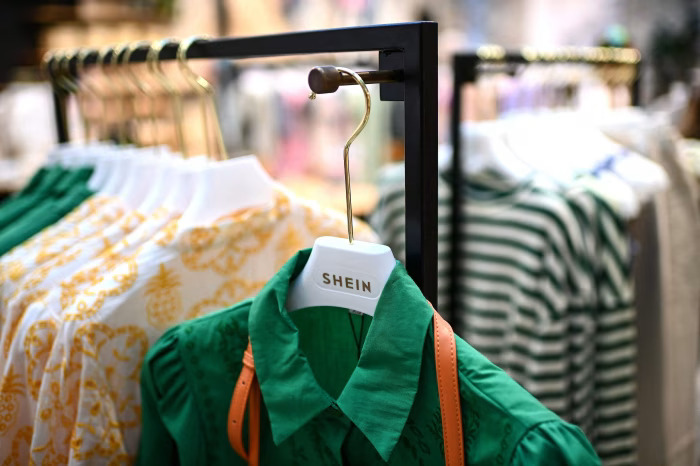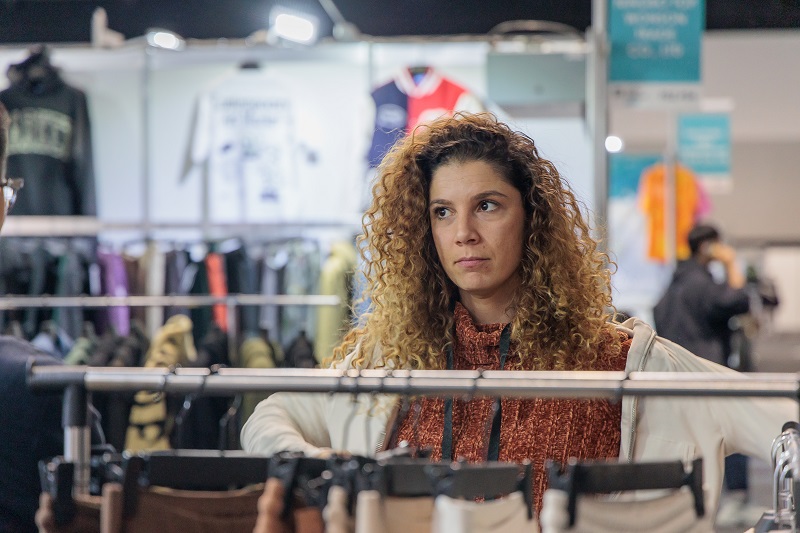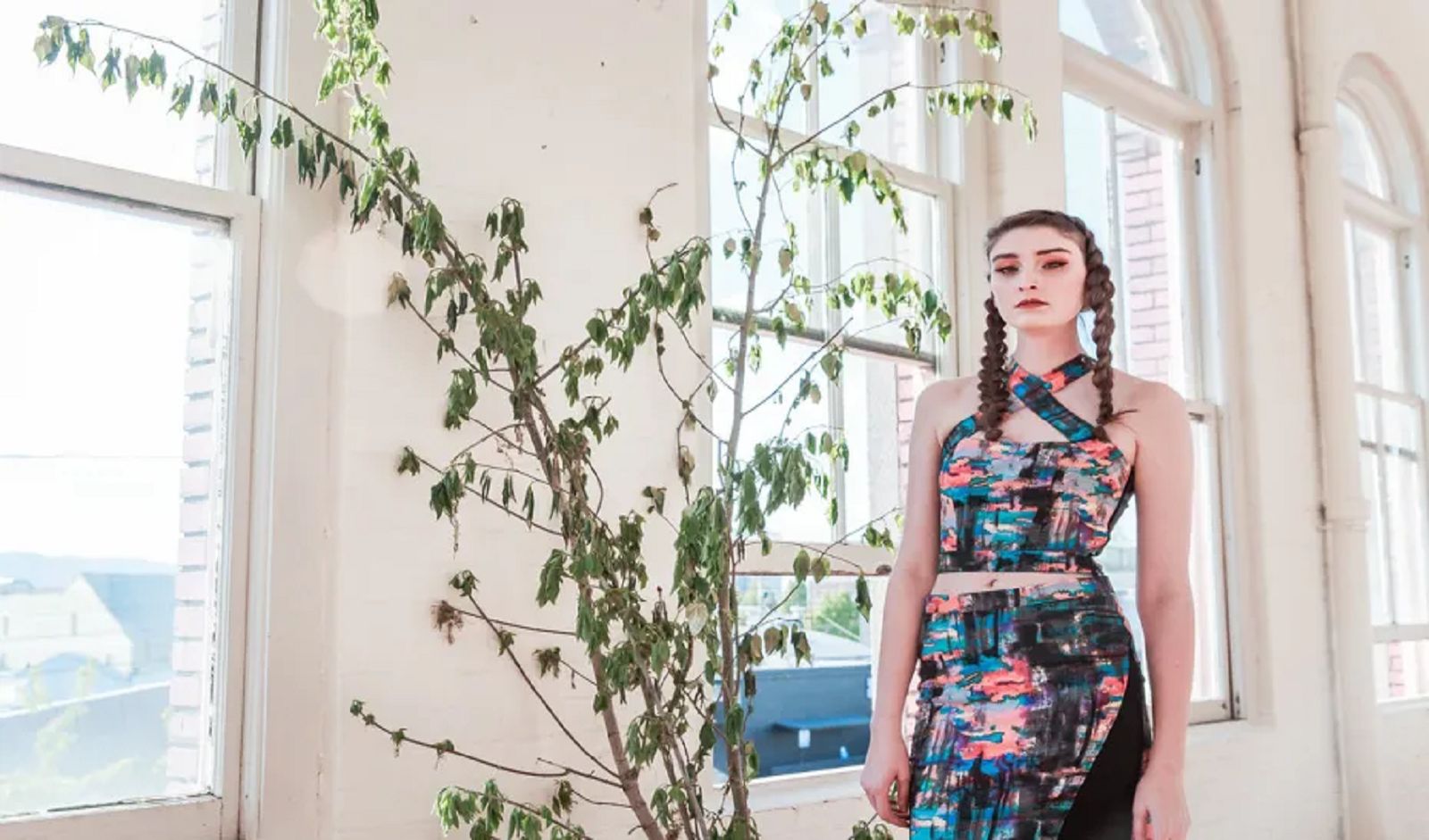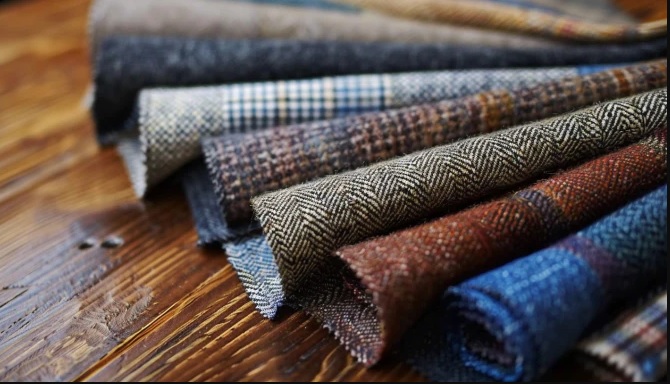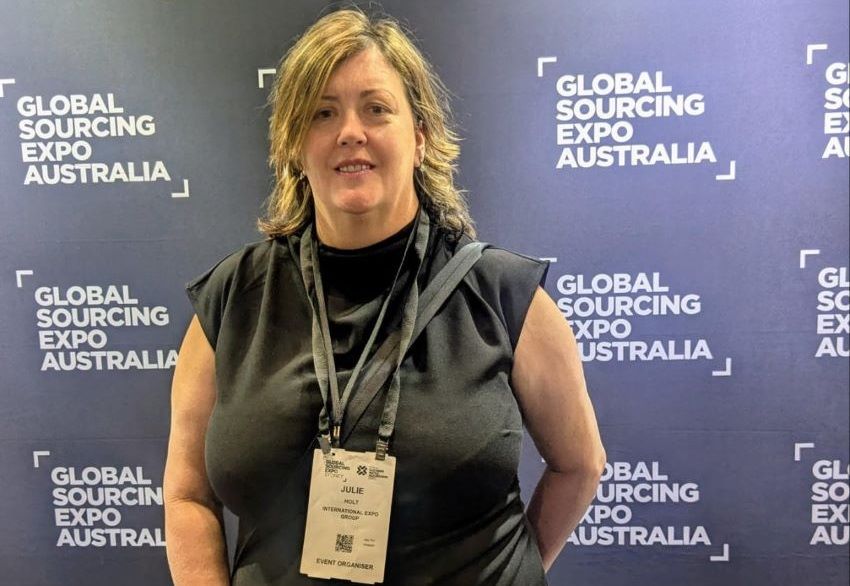FW
The medical clothing market is set for significant growth. Growth in demand will be underpinned by a number of factors, including a continued rise in many parts of the world of chronic diseases and conditions such as diabetes, heart disease, cancer and respiratory disorders; ageing populations in many parts of the world; and an increase in the number of surgeries performed in key health care markets such as Europe and the US.
These factors are presenting significant challenges to public health authorities which must combat illness and disease in a manner which is cost effective. Indeed, the costs of providing health care continue to rise. As a result, preventing the spread of infection is of the utmost importance.
Advances in electronics, medical technology and textiles are enabling the development of high tech clothing. Such clothing has been shown to protect against infectious diseases, sense the state of the wearer's health, and help in the prevention, treatment and management of ill health.
Producers of nonwoven garments are likely to lead the way in development in this segment, given their strong position in medical protective wear.
Use of health monitoring garments can help reduce reliance on costly or heavily burdened health care systems.
India’s exports fell 6.84 per cent in July 2016 compared to July 2015. Exports have fallen across major sectors including textiles, petroleum products, engineering goods, electronic items, leather products, pharmaceuticals and agriculture produce.
Imports declined at a steeper rate of 19.03 per cent. Oil imports during July 2016 were 28 per cent lower than imports in the corresponding period last year. Imports of gold declined 63.65 per cent during the month compared to the same month last year while the fall in silver was sharper, at 80.34 per cent.
Exports for the period April to July 2016-17 were 3.62 per cent lower at 87 billion dollars compared with 90.27 billion dollars in the same period last year. Imports in the first four months of the fiscal at 113.99 billion dollars were 16.33 per cent lower than 136.25 billion dollars.
Trade deficit for April to July 2016-17 shrunk to 26.99 billion dollars compared with 45.98 billion dollars in the same period last fiscal. The trade deficit lowered to 7.76 billion dollars in July 2016 compared with 13 billion dollars in the same month last year. The decline in exports reflects the contraction in global trade. Global trade uncertainties are increasing.
Europe‘s leading curated shopping service Germany-based Outfittery has raised $22 million funding with backing from New York-based VC firm Octopus Ventures and U-Start Club, an Italian group which includes world renowned fashion families. The company wants to use the fresh capital to expand its leadership position within the European curated shopping market and also improve customer experience. Existing investors Northzone Capital, Highland Europe, Holtzbrinck Ventures and Mangrove Capital Partners have also joined the round.
Founded with the aim of revolutionising shopping experience for men in a world where clients are faced with too many options, Outfittery aims to create an individual and hassle-free shopping experience that is fun. The shopping service uses a combination of personal advice through stylists and technology in order to offer an individual service to every client. The new funds will mainly be invested in developing the products of the company and would be used for further growth.
As pioneers in curated shopping market, Outfittery, which was founded by Anna Alex and Julia Boesch in 2012, has now established itself with 400,000 clients in eight countries and is the market leader within curated shopping. The company will continue to pursue its vision of revolutionising the shopping experience for men with a combination of individual style advice, top service and the convenience of online shopping.
Outfittery makes it easier for men to shop for fashion online. Customers simply answer a few questions about their clothing style and sizes. The company’s stylists then personally contact them and put together individual outfits which are conveniently shipped to their homes. The customers keep whatever they like and send back the rest. Outfittery offers this innovative service free of charge. The company is currently active in Germany, Austria, Switzerland, the Netherlands, Belgium, Luxembourg, Sweden and Denmark.
The Amity School of Fashion Technology (ASFT), Noida, ranked among the top five fashion schools of India, organized an industry interaction to welcome the students of the 2016 batch recently. A galaxy of industry speakers from reputed fashion retail and brand companies and apparel export organizations, as well as fashion communication and fashion designing experts, were present. The topic of discussion was ‘Industry Expectations from Young Fashion Professionals’. Students interacted with industry speakers.
In his opening remarks, Pradeep Joshi, Director General, Amity Directorate of Applied Arts, Fine Arts, Performing Arts & Visual Arts spoke about the importance of textile and apparel sector in the Indian economy. He highlighted the growth potential of the fashion industry and the need for greater industry-academic partnership asking for continuous support and guidance from the industry.
Sanjeev Kingar, Customer Care Associate & Area Controller, Shoppers Stop stressed the need for students to learn from the basic level. He drew examples from his own career at companies like Raymond and Shoppers. Dheeraj Jha, MD, AS Fashions, emphasized that for a person who is focused and industrious, the sky is the limit for growth opportunities in the apparel and fashion industry. He said for a successful entrepreneur a basic knowledge of the production floor and shop floor is very important. Ridhi Arora, fashion designer and founder of the fashion label Ridhi Arora, underlined the various skills and knowledge levels that should be imbibed by budding designers of tomorrow in the ever evolving and constantly dynamic competitive environment.
ASFT offers professional education in the field of design, technology and management of the fashion, textile and apparel industry. Amity endeavors to create professionals who can understand the dynamics of the global business environment of the fashion and apparel industry in a post quota and liberalized textile economy.
California-based designer and manufacturer of women's activewear, Eden Activewear has been making premium apparel for the last 25 years. Its main functions are to manufacture high performance, 4-way stretch, moisture wicking apparel for the gym. It also makes outdoor apparels particularly for the beach with the meaningful protection for women's skin against harmful UV rays. The company’s earlier collections have mostly been focused on floral designs but for this summer, senior educational leadership professional Jennifer Cawley turned her attention to the beach and decided that a 'Water' themed collection would really help communicate her hybrid attitude towards activewear. The result was astounding with apparels of Eden Activewear catching attention of local beaches and in Southern California. In Cawley’s words, the materials they use for Eden Active Wear are exactly the same as the performance fabrics she used in the past for bikinis and rash guards.
Eden Activewear’s collection of over fifty pieces was designed to assemble in layers. From form shorts and sports bra to leggings and hoodies, one can enjoy a coordinated look while adjusting to the heat, activity and surroundings. In addition to the health benefits mentioned, Eden Activewear has been extremely popular with the Stand Up Paddle community-the world's fast growing water sport. Once again, effective protection from exposure to sun is critical as is heat management. Spring/Fall paddle sessions are that much more comfortable with a lightweight, quick drying, moisture wicking base layer that takes the chill out of the air.
American clothing manufacturer, designer, distributor, marketer and retailer based in Los Angeles American Apparel’s days as a manufacturer are numbered. The 27-year-old teen retailer, which boasts on its website that its togs are ‘Designed, Cut and Sewn in Los Angeles’ is in plans to pull up stakes and move East — possibly to North Carolina or Tennessee where the minimum wage is $7.25. American Apparel, which emerged from Chapter 11 reorganization in February last, is likely to close down its second factory this year. The closure of the facility in Los Angeles making knit fabric, will force 50 workers out of their jobs. In February, the company closed its first facility that handled the fabric dyeing.
Known for its provocative ads and its ongoing legal saga with ousted founder Dov Charney, American Apparel once operated six factories. The lease of its largest factory, which doubles as its downtown LA headquarters, expires in 2019. The company does not plan to renew the lease, sources said. Meanwhile, the company continues to struggle financially.
As voting goes live to an international panel of 1,500 industry influencers, the British Fashion Council (BFC) has announced the award categories. To be hosted at the Royal Albert Hall on December 5, 2016, the Fashion Awards will celebrate the best fashion talent of 2016 from the global fashion community. The Fashion Awards is being conducted in partnership with Swarovski. The awards will be the inaugural annual fundraiser gala for the British Fashion Council Education Foundation charity which offers scholarships to talented young people to study at the best fashion universities in the UK. The voting panel, which includes media, retailers, CEOs and creatives will decide on 10 awards to be allocated.
Seven of these are international with nominees from all over the world – as well as designer brands these will include awards for behind-the-scenes decision makers, while four would be for British talent, recognising the host city London. The special recognition awards that will celebrate outstanding contributions to the fashion industry will be announced a day bedore the awards ceremony. Awards which will be open to both British and international talent are: Model of the Year, Ready-to-Wear Designer of the Year, Accessories Designer of the Year, Urban Luxury, Fashion Icon, Creative Influencer and Business Leader. The four British awards will be: British Menswear Designer of the Year,British Womenswear Designer of the Year, British Brand and Emerging Talent Award.
The special recognition awards, also international, will include Outstanding Achievement Award, Isabella Blow Award for Fashion Creator, Special Recognition Award and SWAROVSKI Award for Positive Change. The Fashion Icon award will be voted for by the public.
Though Britishers have voted for an exit from the European Union the actual process could be delayed till late 2019. This us because the government is too chaotic to start the two-year process early next year, it has been reported. Views differ over when it should invoke Article 50 which sets the clock ticking on a two-year deadline to leave the bloc. Prime Minister Theresa May, who campaigned for Britain to remain in the EU and leads a cabinet of ministers from either side of the debate, has said she will not trigger Brexit talks this year as Britain needs time to prepare.
But ministers of the British government have warned senior figures in London’s financial district that Article 50 was unlikely to be triggered early in 2017 because the situation in government was chaotic. It is now being said that ministers are now thinking of triggering Article 50 by Autumn 2017. On the other hand, European leaders have taken a firm line on the speed of Britain’s exit with German Chancellor Angela Merkel observing while it was understandable that Britain would need a few months to figure out its strategy, it couldn’t take much of a time.
But behind the scenes, there has been a growing realisation in Europe’s capitals that the two-year window for negotiating Brexit is far too short. Britain created two new government departments to handle Brexit and international trade led by David Davis and Liam Fox, the two main campaigners for Britain to leave the referendum. Elections in May in France and in September in Germany could also delay the timing of Brexit. It is being said any delay to the process is likely to draw criticism from the pro-leave side of May’s Conservative party with senior members such as John Redwood calling for a quick exit from the bloc.
In a letter to Commerce Minister Tofail Ahmed, the Bangladesh Garment Manufacturers and Exporters Association (BGMEA), has asked him to take serious action against buyers who are involved in illegal activities. The government has been urged to stem fraudulent activities of a section of local buying houses and agents appointed by foreign buyers, claiming they were tarnishing the industry’s image. Local agents and buying houses of foreign buyers secure export orders and transfer export Letters of Credits (LCs) while looking after the overall activities until execution of shipment orders. Currently, a section of dishonest domestic agents and buying houses are handing over export orders or products to foreign buyers without bank endorsement, disrupting the repatriation of exports proceeds, industry leaders say. They alleged local buyers hamper shipment of export items, provide lower quality fabrics to the factories in connivance with the some foreign buyers.
Aamir Fayyaz the chairman of the All Pakistan Textile Mills Association (APTMA) has urged the government to resolve issues relating to cotton, liquidity, competitiveness, taxes, zero rating facility and the long term finance facility of the textile industry and enable the industry to undertake investment worth $1 billion per annum. Addressing a press conference recently, he said Pakistan’s exports have nose-dived by $3 billion during the financial year 2015-16. Of this, a drop in textile and clothing exports of $1 billion was noticed. He said the textile and clothing exports of Bangladesh and Vietnam have registered an increase of $2 billion and $4 billion respectively during the same period. He apprehended that the exports in Pakistan would continue declining unless the cost of doing business is lowered by the government.
Fayyaz also demanded liquidation of all the pending refunds of the textile industry to discharge liabilities and process further export orders. He said that the government should also provide DLTL to all exports to mitigate the incidentals of innovative taxes and levies. According to him, the Gas Infrastructure Development Cess on gas and surcharges on the electricity has increased the cost of production and the prevailing odd circumstances demand their withdrawal to revive competitiveness in line with the regional competitors.
Fayyaz lamented the zero rating facility was also not implemented in true letter and spirit. Since this situation will put the industry into a cumbersome state of affairs, therefore the facility should be in accordance with the announcement made by the prime minister. He added that the government should also allocate sufficient funds under the LTFF to propel up the prospective investors to take investment initiatives. He expressed hope that the government would prioritise the textile industry in its policies to produce exportable surplus, double textile exports and create 3 million additional jobs in the country.


